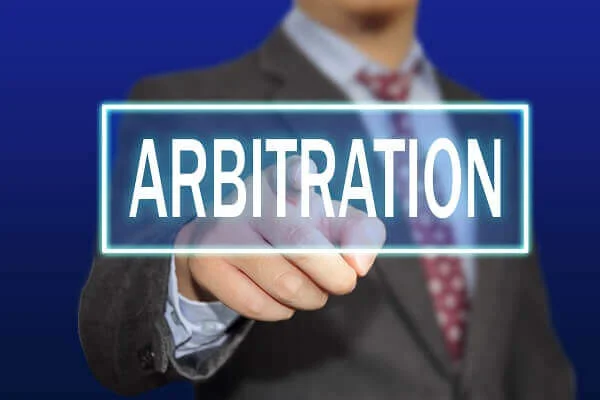For many automotive dealers and manufacturers, the preferred means of resolving disputes with customers is arbitration. It is often less costly and more efficient than litigation, and allows parties to resolve their disputes in a more private forum rather on the public stage of a courtroom trial.
Increasingly, however, states like California are carving out exceptions to arbitration where they believe it necessary to protect certain public goods, or the rights of consumers. Most recently, California has determined that car purchasers cannot waive their right to public injunctive relief through arbitration.
Pursuing Arbitration in Rancho Cucamonga
Arbitration is an increasingly popular means of alternative dispute resolution that avoids state and federal courtrooms. An arbitration is conducted similarly to a trial, with both sides presenting evidence to support their case. The big difference is that the attorneys for each side present their evidence to a panel of arbitrators – instead of a judge.
The rules of arbitration can also be very different from a courtroom. Parties can specify that they want to use the rules of a certain jurisdiction, like California, or if they want to use rules developed by arbitration associations. Because the typical Rules of Evidence often have the effect of limiting what a party can offer as evidence, being able to choose a less restrictive set of rules could have a great impact on the strength of either side’s case.
One of the reasons that arbitration is very popular, beyond being more cost-effective, is that it can be done in a much more private manner than a court case. Where sensitive issues are at stake, or a party is concerned about how they will be portrayed in the media – arbitration can eliminate many of these concerns.
Placing Limits On The Scope of Arbitration
Many automotive dealers and manufacturers require purchasers to arbitrate disputes by including language requiring arbitration in their contracts. These contracts will typically say that the individual signing it agrees to pursue arbitration rather than litigation if an issue arises.
While these arbitration clauses are perfectly legal, California courts have stepped in to limit the rights of companies to force consumers into arbitration where important public interests are at stake. Where courts feel that it is important that consumers not be forced to resolve their complaints in arbitration, they can make exceptions to arbitration clauses.
A recent example is the decision of the California Supreme Court in McGill v. Citibank. In that case, an argument was made that consumers who were seeking public injunctive relief – such as requiring a store to stop selling certain products – could be forced into arbitration. However, injunctive relief is not possible in arbitration, because the arbitrator has no authority to issue an injunction.
The California Supreme Court decided that the right to injunctive relief is not only important to consumers, but also the general public. It ensures that other members of the public are protected from harm when a harm becomes known. For example, if an auto manufacturer is manufacturing faulty parts, an injunction can stop them from manufacturing more of the faulty parts, thereby hurting more consumers.
If consumers were forced into arbitration without the right to seek injunctive relief, the court decided this would do a disservice to everyone involved. Because of this, the Court concluded that businesses may require consumers to arbitrate damages claims through arbitration clauses, but they cannot force consumers to waive their right to injunctive relief in court.
California Attorneys Instructing You On How To Draft Enforceable Arbitration Clauses
Arbitration is a great option for many California businesses in the automotive industry. It creates a faster, more straightforward, and less expensive option for dispute resolution. Arbitration, however, cannot be used in every circumstance.
At CKB Vienna LLP, our attorneys can help you draft an arbitration clause for your contracts that will encourage the resolution of disputes through arbitration, while acknowledging the limits imposed by the California courts. For more information, contact us online or at 909-980-1040.

